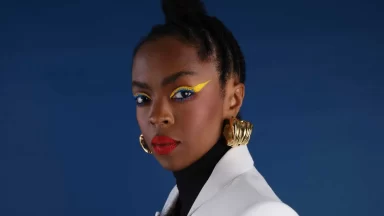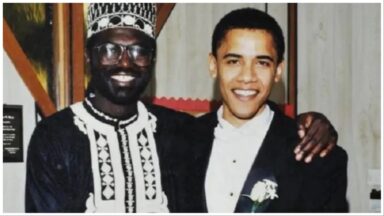Few words are more heart-wrenching to hear from your child than “I wish I didn’t look the way I do” or “I wish I wasn’t my race.”
Those words can spring from a variety of painful experiences: A taunting on the playground for having “different” hair. The slow realization that all their favorite library books feature characters who look nothing like them. Or, later on, the microaggression of a classmate saying, “You’re pretty for a ____ girl.”
Whatever drives them, hearing the words from your child bowls you over as a parent. But the reality is, kids are far more racially aware than many parents realize: A 2020 study showed that children notice race several years before adults want to talk about it. By preschool age, children develop racial biases✎ EditSign
Ice Cube to meet with Biden to discuss ‘Contract with Black America’
Indeed, delays in important conversations about racial identity could make it more difficult to change children’s misperceptions about themselves or racist beliefs, according to the 2020 study.
“Children are capable of thinking about all sorts of complex topics at a very young age,” said Jessica Sullivan,the study’s co-author and associate professor of psychology at Skidmore College. “Even if adults don’t talk to kids about race, children will work to make sense of their world and will come up with their own ideas, which may be inaccurate or detrimental.”
In a society that elevates white culture over others and encourages assimilation at all costs, it’s easy to see how a young child of color may come to believe that their own culture is inferior, which could develop into internalized racism.
Growing up Black in Liberty County, Georgia, Kwanzaa Wallace never told his parents “I wish I wasn’t Black” but he “definitely thought it a lot,” he told HuffPost.
If your child is uncomfortable with their race, here’s how to have a conversation about self-love and the value in diversity.
Source: What To Do If Kids Say They Don’t Want To Be Their Race Anymore



Recent Comments